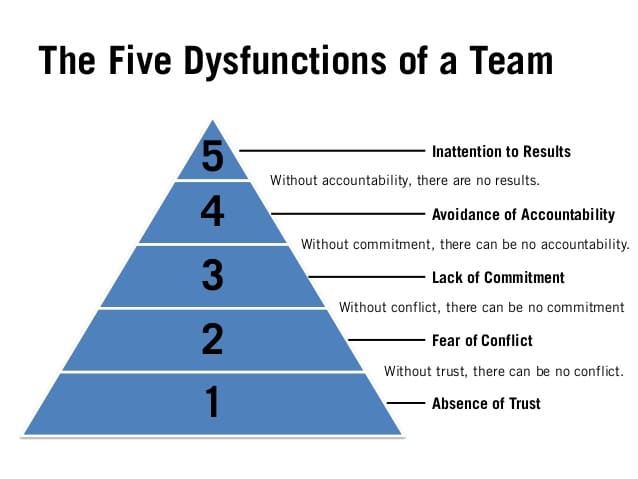 At the very essence of strategic thinking is change and focus and this is followed by a need for decisions and action. In my experience these links are not being made strongly enough and executed with the right level of discipline. Too many leaders march off to their “away days” where they talk strategy for a couple of days and enjoy time away from the operational day to day in the office. A brilliant document is produced and it earns a great spot on the book shelf and is rarely visited in our day to day operational momentum. The day to day takes over and we focus on the KPIs – what is expected from us to achieve success in the short term. Too many leaders are so busy being focused on the day to day operational deliverables they are responsible for inside the organisation that they fail to position themselves for long-term business and personal success by understanding what is happening or could happen in the outside.
At the very essence of strategic thinking is change and focus and this is followed by a need for decisions and action. In my experience these links are not being made strongly enough and executed with the right level of discipline. Too many leaders march off to their “away days” where they talk strategy for a couple of days and enjoy time away from the operational day to day in the office. A brilliant document is produced and it earns a great spot on the book shelf and is rarely visited in our day to day operational momentum. The day to day takes over and we focus on the KPIs – what is expected from us to achieve success in the short term. Too many leaders are so busy being focused on the day to day operational deliverables they are responsible for inside the organisation that they fail to position themselves for long-term business and personal success by understanding what is happening or could happen in the outside.
Contrast this with what we KNOW is needed – in today’s fast-changing business environment leaders and managers from all populations throughout the organisation need to have a broad perspective, vision and an awareness of the trends and developments shaping the market within which they operate locally and globally. They need to be able to link the outside with the inside. This kind of thinking is important to the personal branding of each leader – their ability to engage in conversations that show their ability to think strategically (about the outside and how it connects to and determines the inside) is critical to personal brand.
We also know it is well accepted that it is critical to develop skills for thinking and functioning in an environment where there are no right answers, and only a range of solutions, some of which work better than others when implemented. When leaders focus on developing higher order thinking skills – otherwise known as strategic thinking they develop ‘instinct’, wisdom and judgement and this ensures the quality and speed of strategic thinking just keeps getting better. I love this quote from T. E. Lawrence, The Science of Guerilla Warfare:
Nine-tenths of tactics are certain and taught in the books; but, the irrational tenth is like the kingfisher flashing across the pool. This is the test of generals. Success can only be ensured by instinct sharpened by thought. At the crisis, it is as natural as a reflex.
It is critical to engage in the thinking and create choices in purpose and direction and it is then quite another thing to make the decisions and create operational outcomes. Michael E. Porter makes a great distinction when he claims:
Trade-offs are essential to strategy. They create the need for choice and purposefully limit what a company offers.
And in my experience it is fear that prevents the possibilities that could arise from fabulous strategic thinking – fear to let go and fear to make the choices that result in long term change. For example I was a second tier leader in a consulting firm and we would make the strategic choice that our business needed to find engagements with clients that exceeded $50,000 in revenue and yet half way through the month without fail the second tier leaders would be out there in the external market finding $15,000 jobs because they didn’t want to underperform against their budget for that particular month. They did not have the courage to make the trade-off and build toward the long term strategy!







